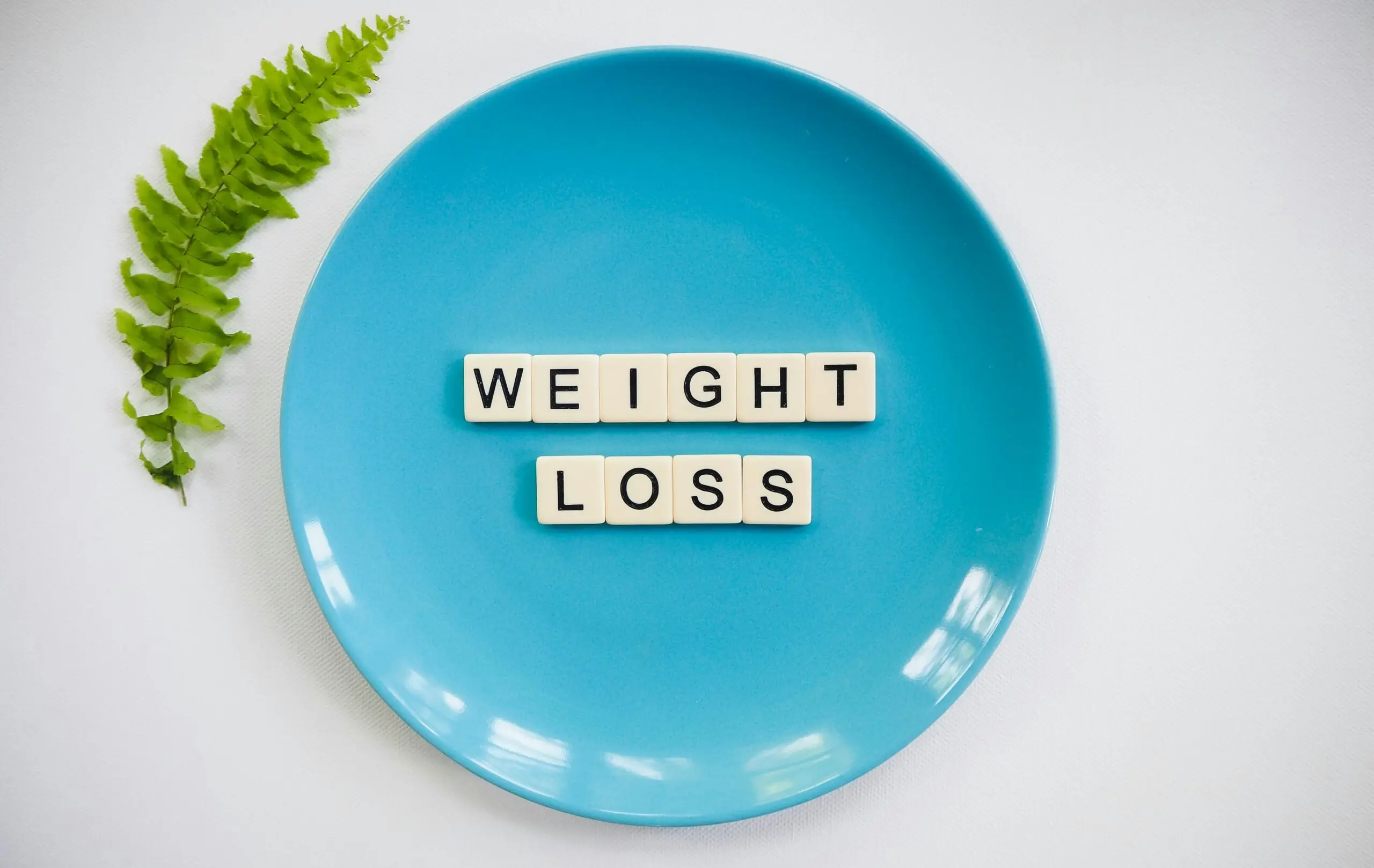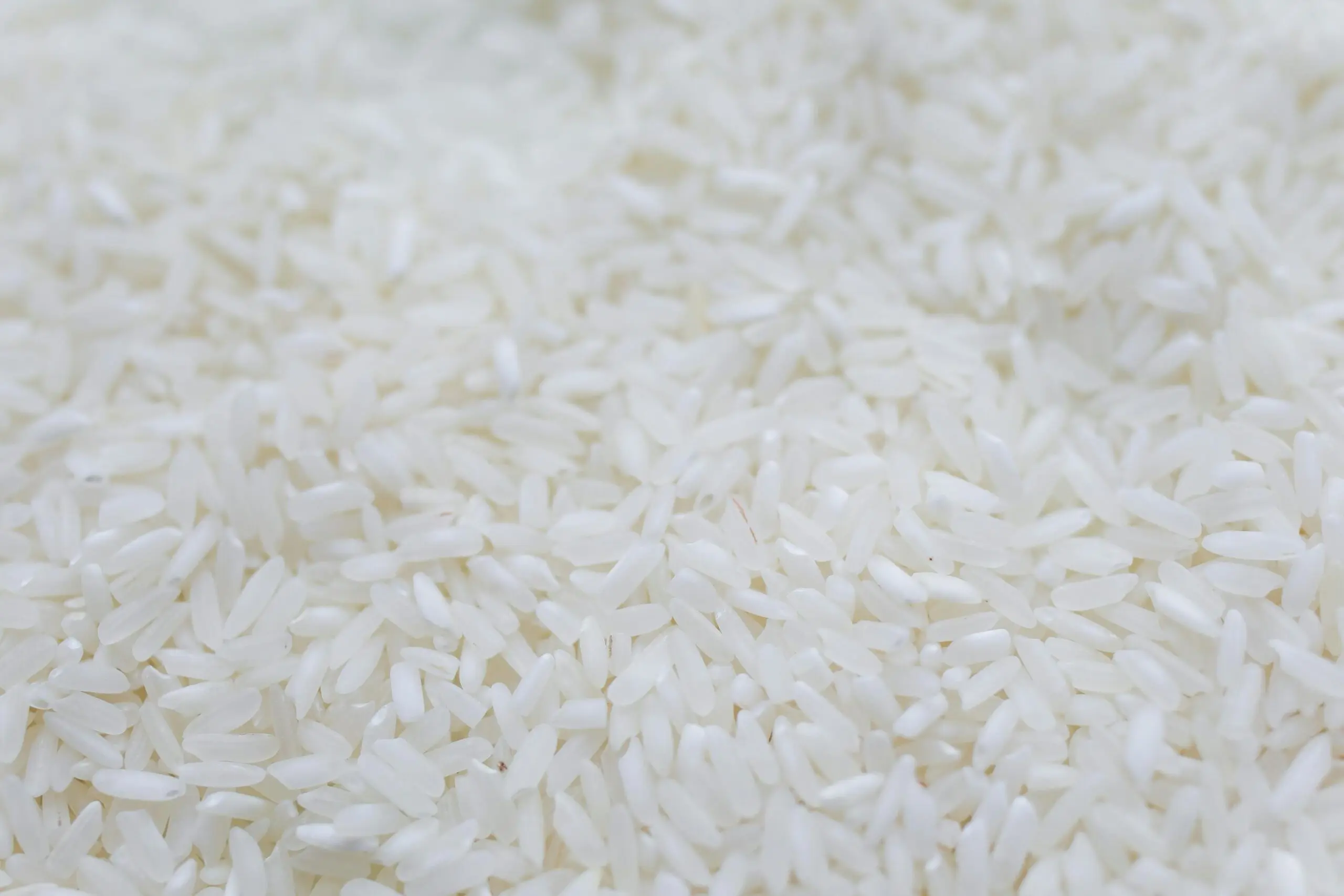It sounds too good to be true: Unwashed rice is soaked in warm water for 15 minutes, then lime juice is added to the starchy water. It's best to drink a glass of it on an empty stomach in the morning, and the pounds start to fall away. Pounds.
According to Tiktok, rice water is the guarantee for a quick bikini figure, works just as well as the slimming injection Ozempic, and costs almost nothing. Sure, the simple miracle drink quickly got its name: "Rice-Zempic."
What is Rice-Zempic?
“Rice-Zempic” – is the pun from rice and the brand name of the slimming injection Ozempic, which was originally launched on the market as a type 2 diabetes therapy, but is also proven to be used successfully in weight reduction.
The active ingredient Semaglutide contained in Ozempic acts as a satiety hormone, increases insulin production, and lowers the blood sugar level after meals – the feeling of satiety sets in earlier, appetite diminishes – which in the long or short term leads to significant weight loss.
Allegedly a cheap Ozempic alternative: rice water
Can you lose weight with Rice-Zempic?
Similar to the weight loss injection, rice water is now supposed to be effective. Some TikTok users even claim that they have lost up to six (!) kilograms within a week by drinking it. The reason: A longer feeling of fullness thanks to the resistant starch in rice water, which is said to reduce appetite and promote fat burning, so that ideally you eat less throughout the day and therefore ultimately lose weight.


















_1500x2250_150_RGB-2.webp)